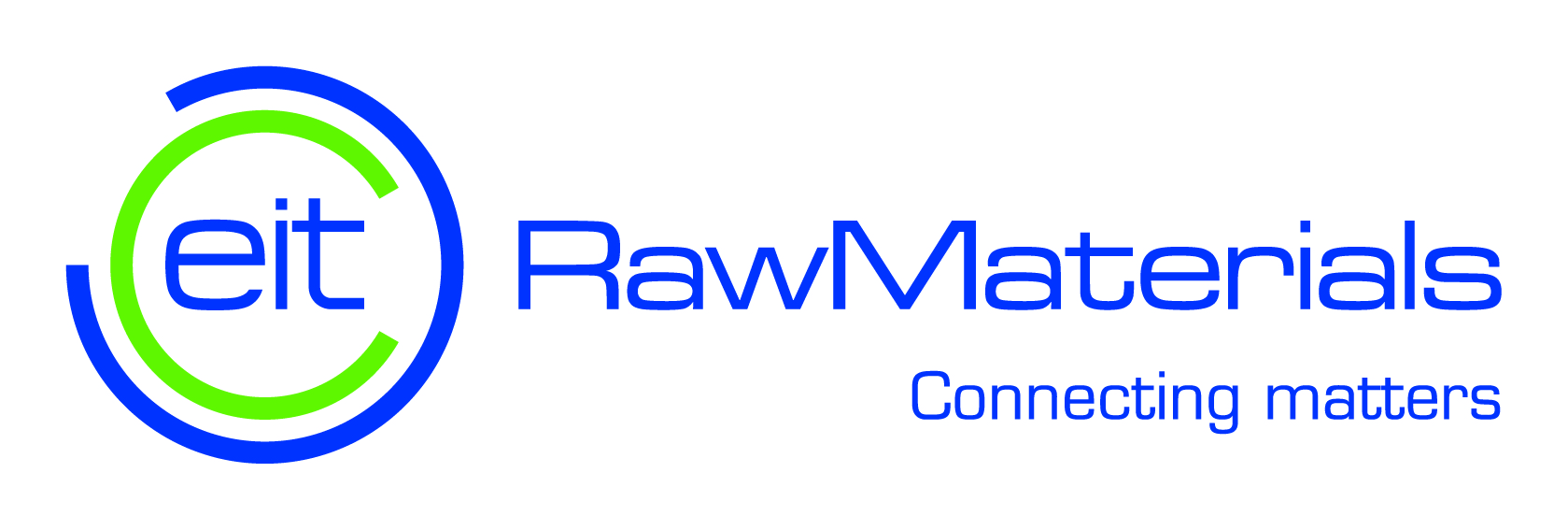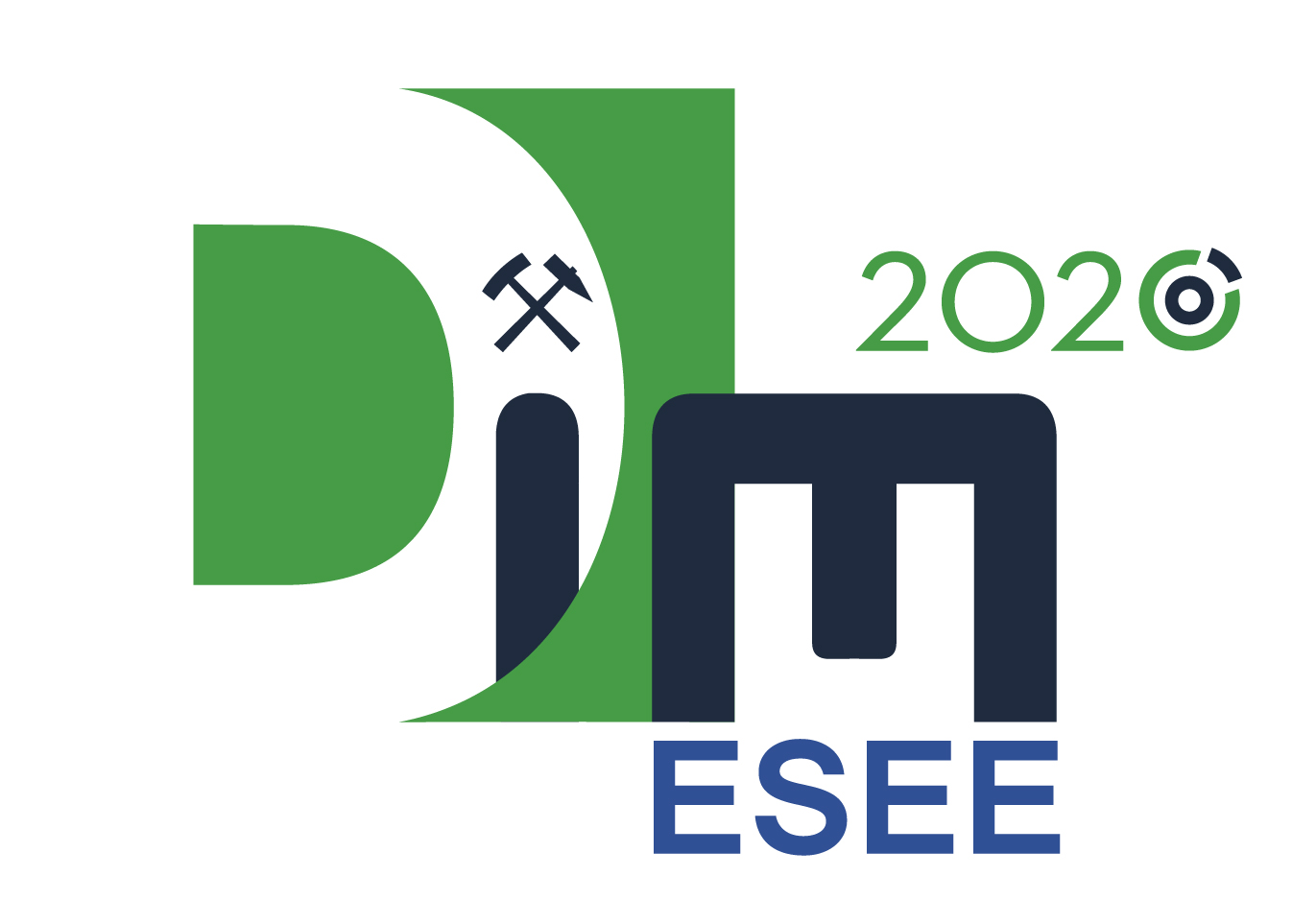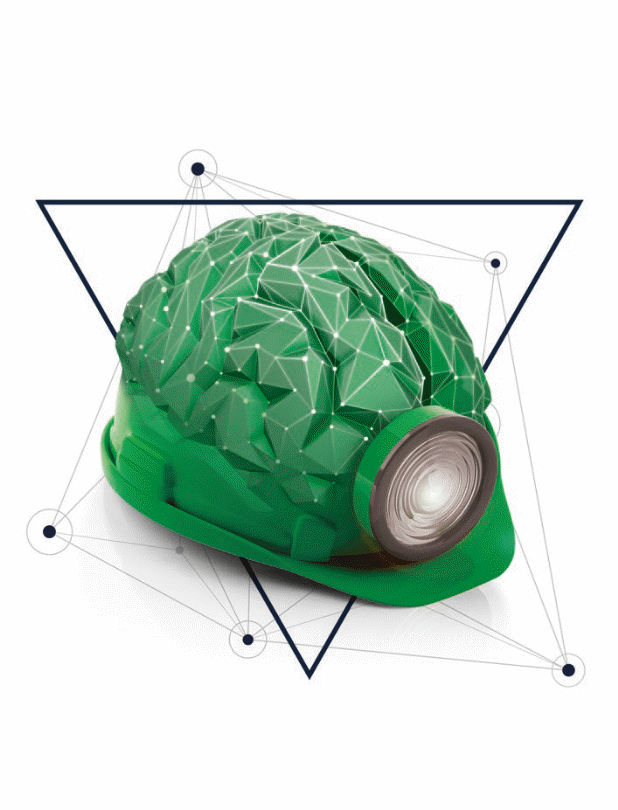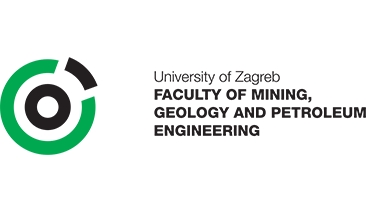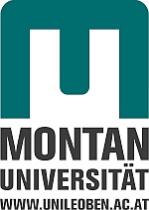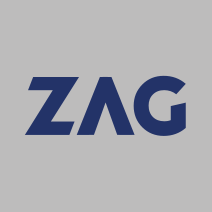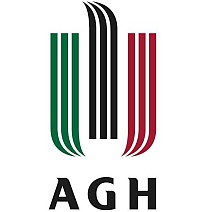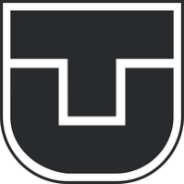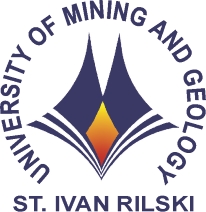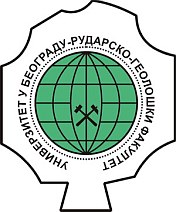About the topic
The
total number of the deposits and geological occurrences increase
exponentially with decrease of their size, and most of the mining
operations are conducting within small mining sites. World class
deposits are usually the largest in its class, containing high ore
grade, with prediction of long life production resulting in a
lasting impact on the industry usually under low production cost.
How
often do we find world class deposits? Between two and four
world-class deposits are found each year in the world. Europe
overall hosts only several dozens of world class deposits, whereas
most
of the European deposits are small or intermediate in term of their
size and annual revenue.
DIM
ESEE school for the second year continues to explore innovations
applicable to small mining sites. This year we are focused to the
beginning of the mining cycle: exploitation and follow up
processing. Within exploitation part of the school (2 days) we will
explore innovation related to new drilling and blasting
methodologies and innovative use of machines (mechanization).
Processing part of the School (2 days) will focus on mineral
characterization and supportive innovative techniques.
Under
the 2020 topic Small mining sites – Innovation in exploitation
and processing DIM ESEE project partners will discuss innovation in
exploitation and processing for small and intermediate size
deposits, currently representing vast majority of the European and
the ESEE mining industry:
Innovation
in exploitation (Drilling and Blasting)
Innovation
in exploitation (Mechanization)
Innovation
in processing (Mineral characterization)
Innovation
in processing (Techniques)
What is DIM ESEE?
Central
idea of the Dubrovnik International ESEE Mining school (ESEE -
Eastern and
Southeastern Europe) is
to transfer international expertise in the field of raw materials to
the participants of the DIM workshop. The focus lies on direct
knowledge transfer from renowned experts to the participants, but
also the creation of an open dialogue between graduate students,
scholars, researchers, the industry and the wider society. The
knowledge and skills gained at DIM aim at increasing the
employability of mining engineers. Furthermore, wider general
education on topics of mining and processing and especially the
improvement of mining techniques, resulting in a lower environmental
impact, help gain wider societal acceptance of raw material
extraction and processing. In the long run, the program will lead to
an increase in sustainable mining and processing activities, which
will result in economic growth and the creation of employment in
respective countries.
Overall DIM objectives
European
Institute of Innovation and Technology (EIT) has granted financing
of the educational project “Dubrovnik International ESEE
Mining school” (acronym DIM ESEE) through the program KIC Raw
Materials. The project consortium consists of eight key higher
education and research institutions from the ESEE region with the
Faculty of Mining, Geology and Petroleum Engineering (University of
Zagreb) as the lead partner.
The
main objective of the project is knowledge transfer, as well as
strengthening innovation capacities in the mining, recycling and
waste management sectors. This is a lifelong learning project that
will be implemented in close partnership with industry stakeholders
in all project consortium countries. During the four years of
project implementation, the following key topics will be
analysed:
2017
Zero waste management
2018
Deep intelligent mining
2019
Small mining sites – Innovation in mining
2020
Small mining sites – Innovation in exploitation and processing
Contacts
Visit
our web page:
https://dim-esee.eu/
Media
inquiries
Vječislav
Bohanek, Assist. Prof.
University of Zagreb
Faculty of
Mining, Geology and Petroleum Engineering
Pierottijeva 6, 10000
Zagreb, Croatia
Tel: +385 1 5535 863
E-mail:
vjecislav.bohanek@rgn.hr
Project
assistant
Antonija
Zrno
Office
for International cooperation and Projects
University of
Zagreb
Faculty of Mining, Geology and Petroleum
Engineering
Pierottijeva 6, 10000 Zagreb, Croatia
Tel:
+385 1 5535 729
E-mail:
antonija.zrno
@rgn.hr



